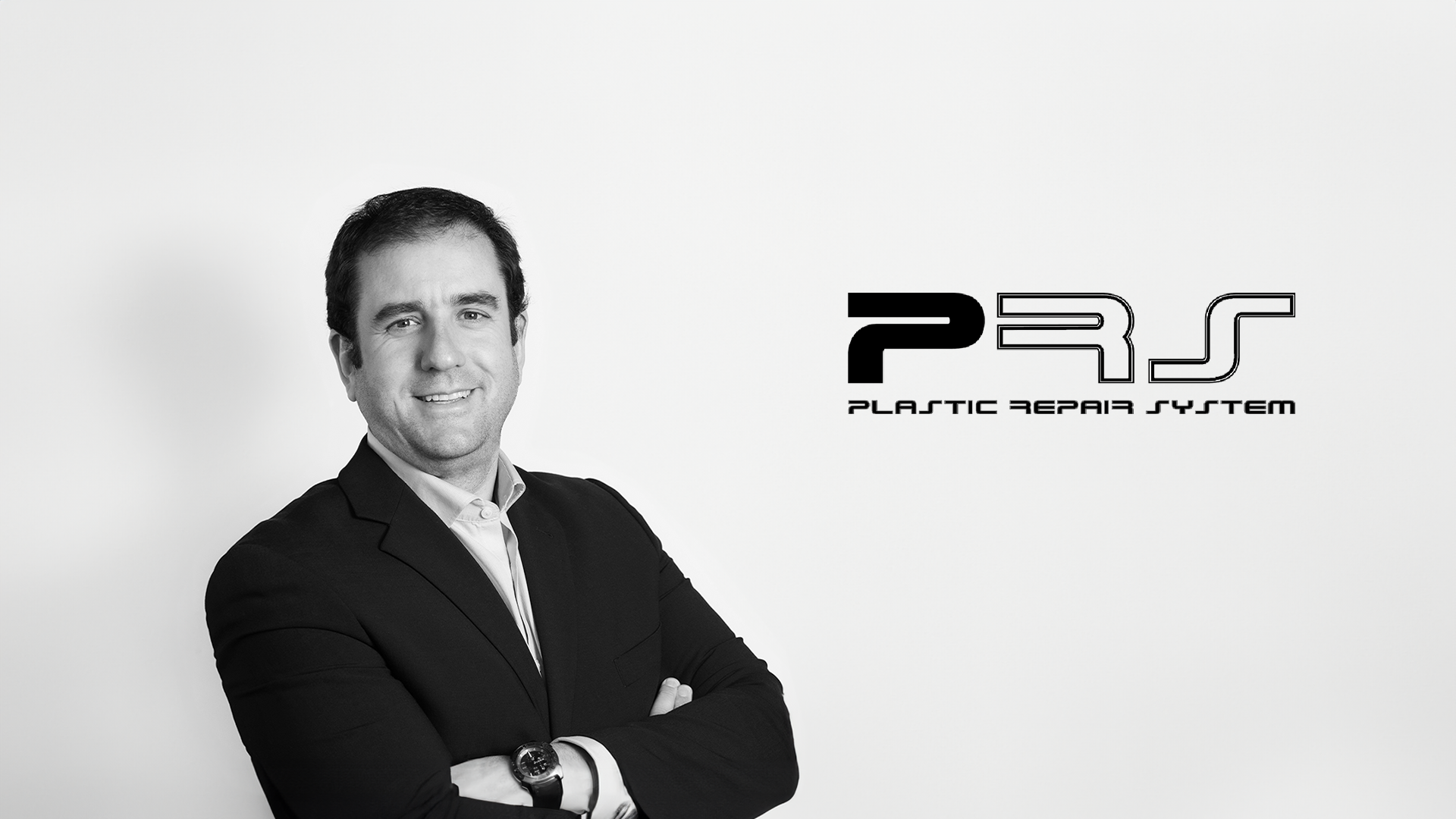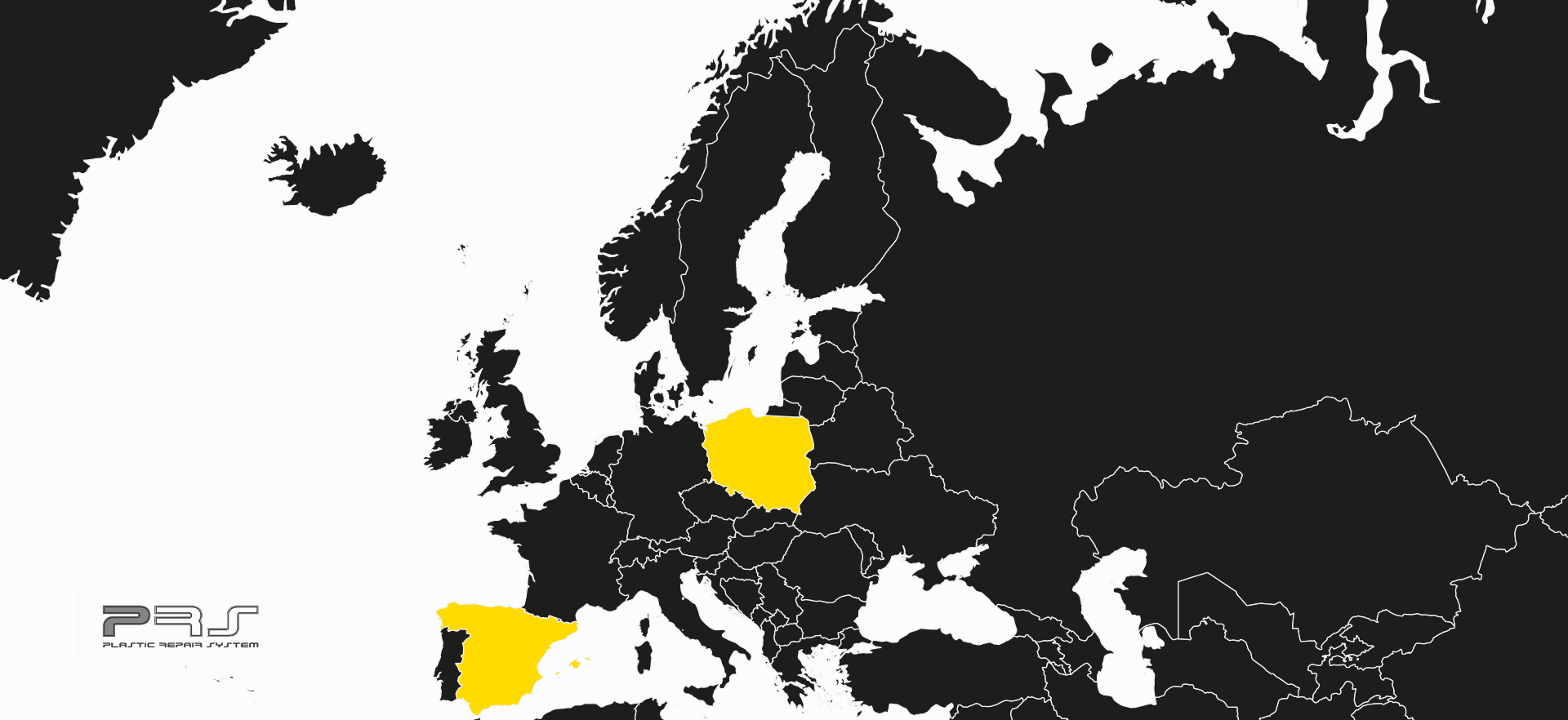“To this day, no other technology has reached the stage of development required to weld plastic to plastic.”
I was a consultant, but I wanted to take action and move to the industrial world. After many years of observation, I noticed that plastic industrial tools were not being repaired, unlike metal or wooden tools. I realized there was an opportunity to reduce the environmental impact of the industry by developing a plastic repair technology.

“While analyzing the logistics sector, I realized the massive waste of plastic. Nothing was ever repaired, everything went to the landfill.”
When we created the company, we saw a market opportunity in repairing plastic objects. This material, particularly plastic pallets, is often discarded once damaged, representing a significant cost for businesses. We developed a plastic welding technology to extend the lifespan of these materials. This solution helps companies reduce costs and embrace a circular economy approach.
An innovative and patented process
Over the years, we have created our own patented repair process, even developing specific machines to repair honeycomb structures used in the beverage industry. The biggest challenge was not finding customers—who were already looking for such an impactful service—but rather building an entire industry around this specific need.
A business model based on repair
Our business model is based on repairing damaged pallets used in the industry. We are leaders in the automotive sector, where we have developed most of our business, as well as in the beverage industry. Our customers pay us to repair their plastic pallets, allowing them to save between 60% and 70% of the replacement cost. It is also far more eco-friendly than recycling, reducing environmental impact by nearly 300 times.
Our solution is highly valued by many industry players. We are the market leader with six factories—four in Spain, one in Mexico, and one in Poland.
A positive environmental and social impact
By creating a new profession, we saw an opportunity to bring people back into the workforce. This also allows us to win certain contracts, as our clients are increasingly aware of social issues.
We have a positive environmental and social impact. Environmentally, we extend the lifespan of damaged pallets, reducing waste. Socially, we position ourselves as an integration company, training people who are far from the job market to become plastic welders.
To date, we have created 80 jobs, and we plan to employ more than 550 people by 2027, including over 450 low-skilled workers. We also subcontract work to four special employment centers in Spain, where we have trained 16 people from disadvantaged backgrounds.
Strategic support for our expansion
Thanks to Impact Partners, we have gained insights into regulatory, business, and cultural challenges in each country. Impact Partners has supported us in our international expansion. We have adopted a sustainable establishment strategy in our target countries to provide job stability for our employees.
Impact Partners has also helped us implement regulations to ensure the quality of life for factory workers. This process varies in difficulty depending on the country, but we adapt to national specificities to provide better working conditions—from Mexico to Poland.
Impact and profitability go hand in hand
Impact and profitability are not opposites—they actually complement each other! Our entire market is built around impact. Our eco-friendly solution is at the core of our business model and allows us to reduce waste across the industry.
As for social impact, it also helps us maintain a motivated and skilled workforce. This gives us a competitive advantage and helps us win contracts!
International expansion
We first expanded to Spain, then Mexico, and now Poland. We are exploring the possibility of expanding into Turkey, the Netherlands, and Romania. With Impact Partners, we are also looking into Scandinavian markets.

